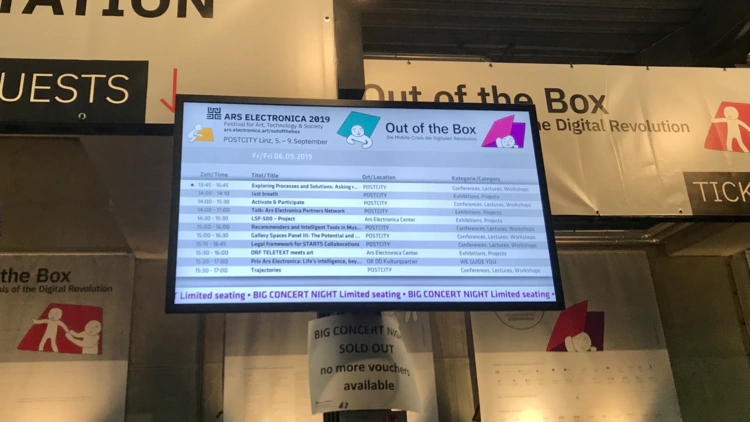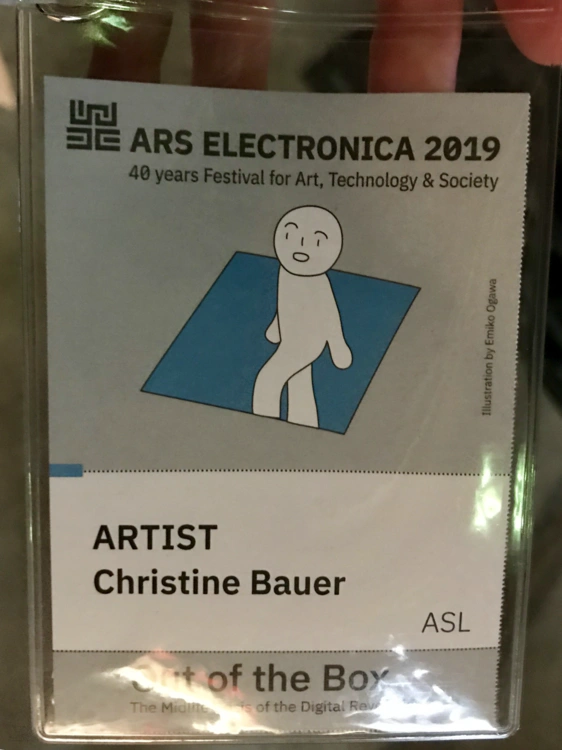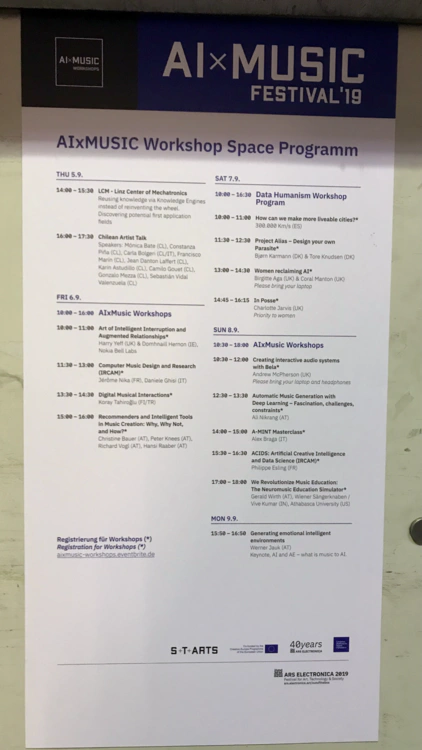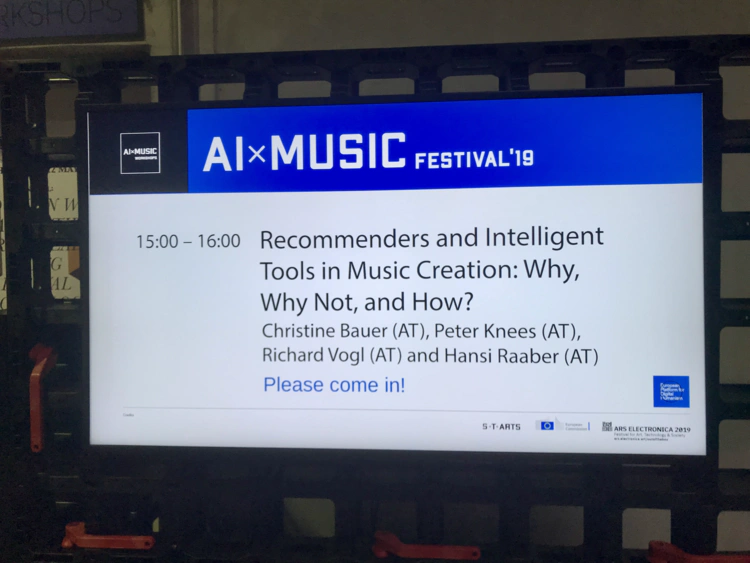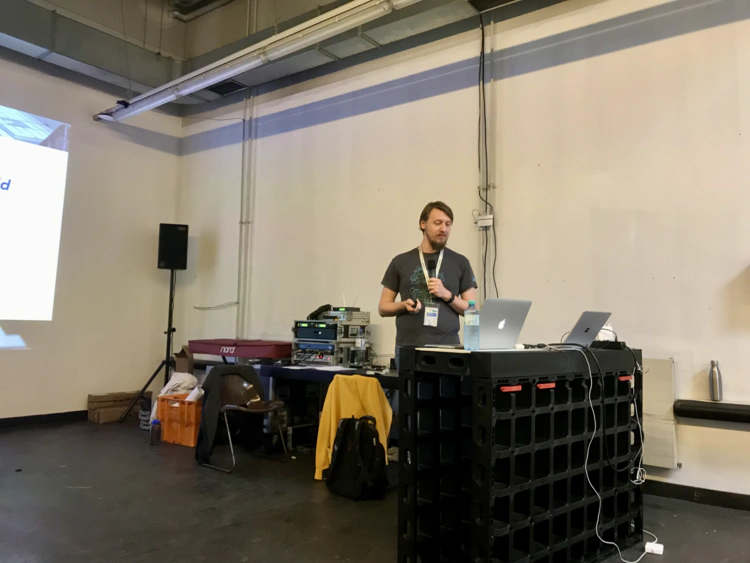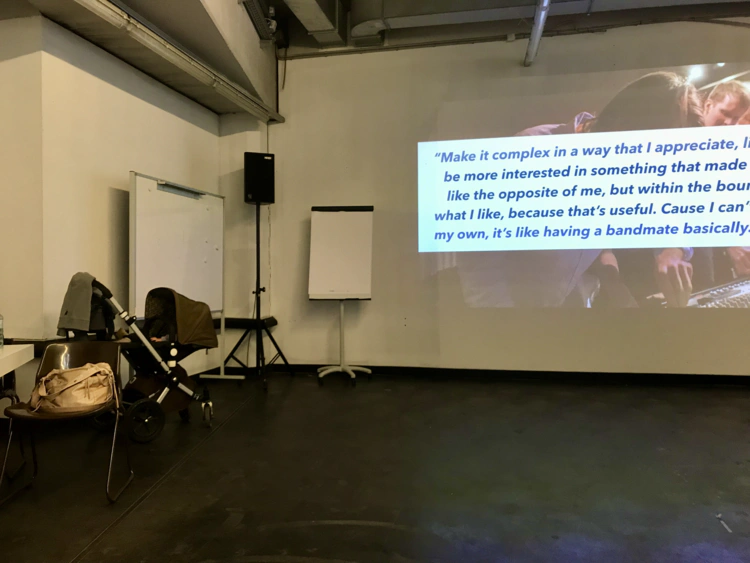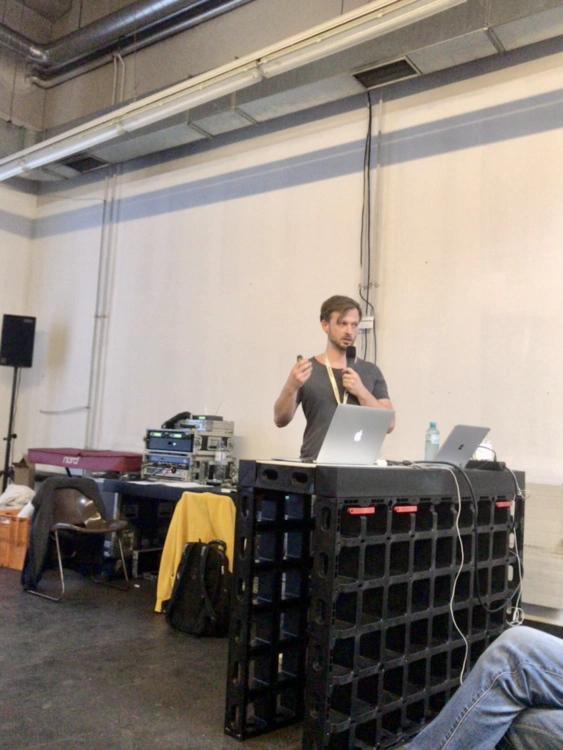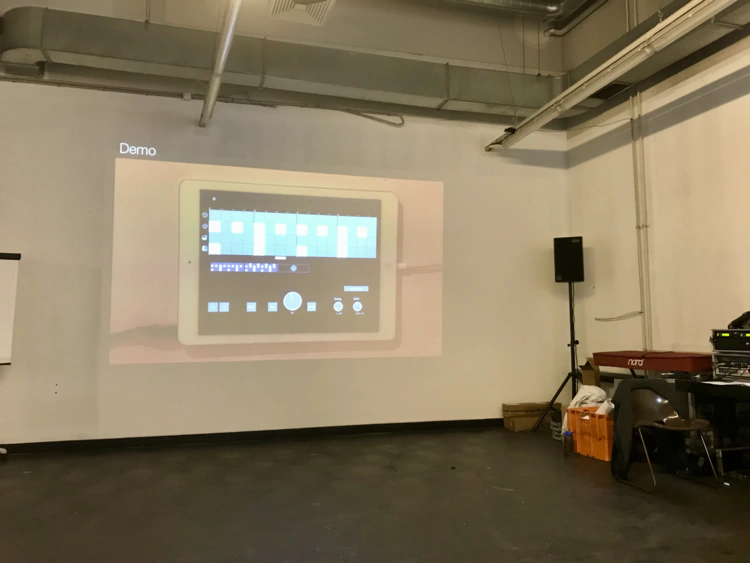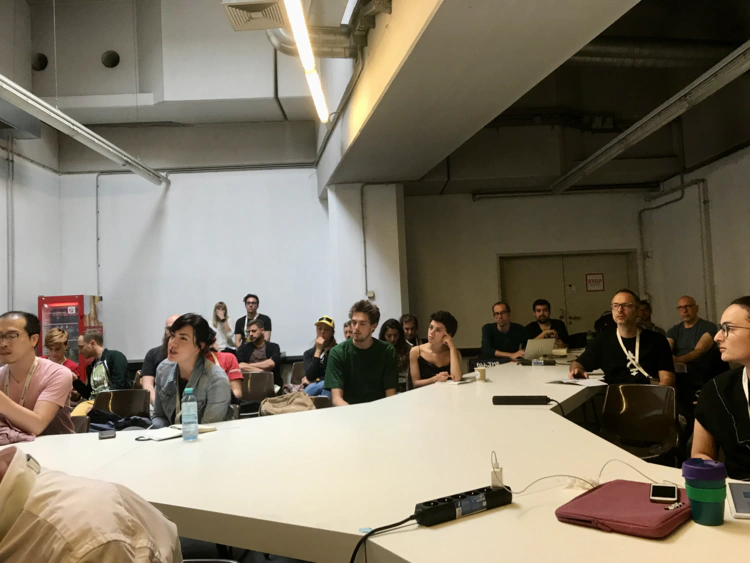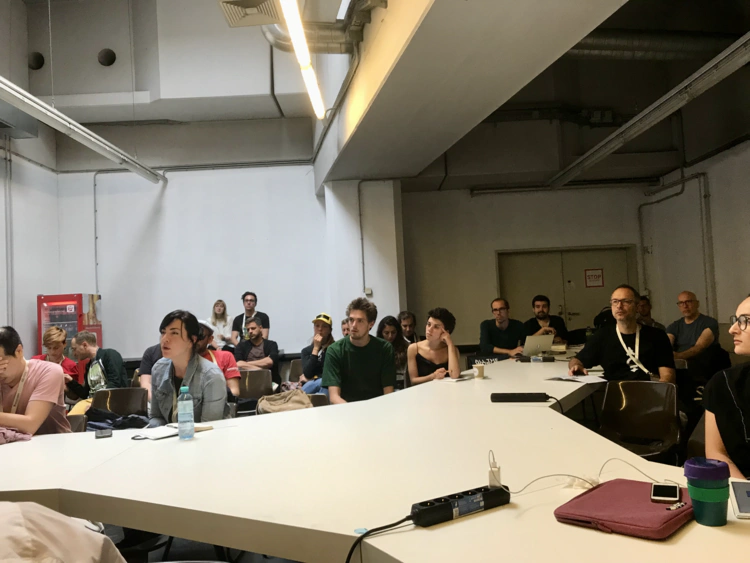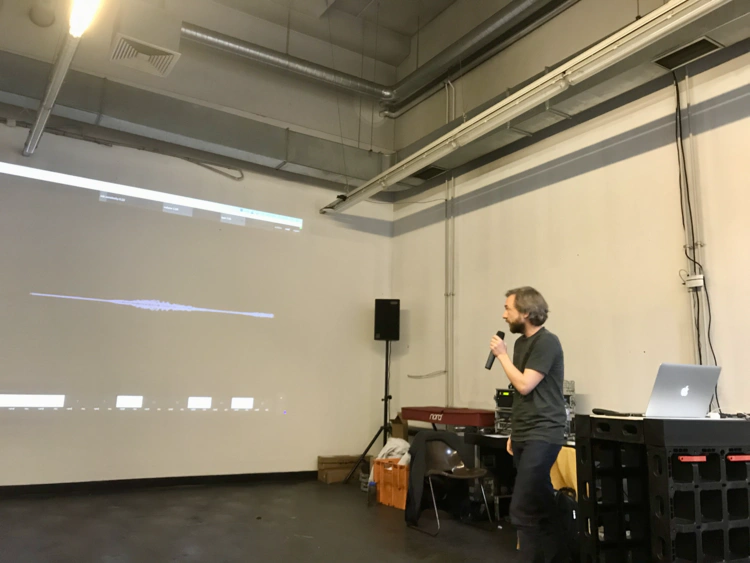Recommenders and Intelligent Tools in Music Creation: Why, Why Not, and How?
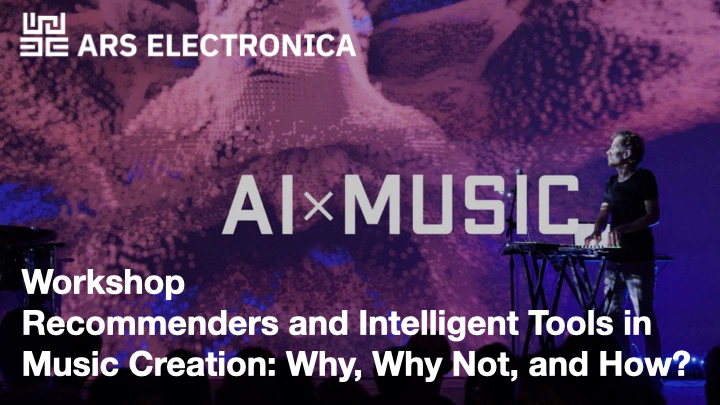
Abstract
Artificial Intelligence in music technology impacts multiple stakeholders. Music recommendations, as an example, have become an everyday commodity in music listening. Likewise, intelligent audio production tools are driving music creation.
In this workshop, we will highlight the role of Artificial Intelligence, Machine Learning-supported composition, and Recommender Systems in the process of music creation. We discuss their reception and prevalent image among professional music producers and creators, including the potential threats these technologies pose to their artistic originality. We contrast this view by emphasizing the power of AI-technology for a democratization of music making, by lowering the entrance barrier of music creation. This is elaborated by demonstrating technological prototypes focusing on minimalistic interfaces and ease of use for interactive real-time performances and experimental music creation. The two questions that we will address in this presentation are the following: First, how does algorithmic music recommendation work? Second, how do music recommender systems change the world? Addressing the first question, we will point to the data that fuel recommenders, explain the basic techniques underlying current music recommender systems, and illustrate these by vivid examples. Addressing the second question, we will discuss the implications of algorithmic music recommendation. On the one hand, we will address challenges in setting up music recommender systems and illustrate cases where algorithmic curation can go wrong. On the other hand, we will address the implications for the various stakeholders affected by music recommendations, including a wide variety of actors from artists to record companies to music platform providers to music consumers.
Austria
